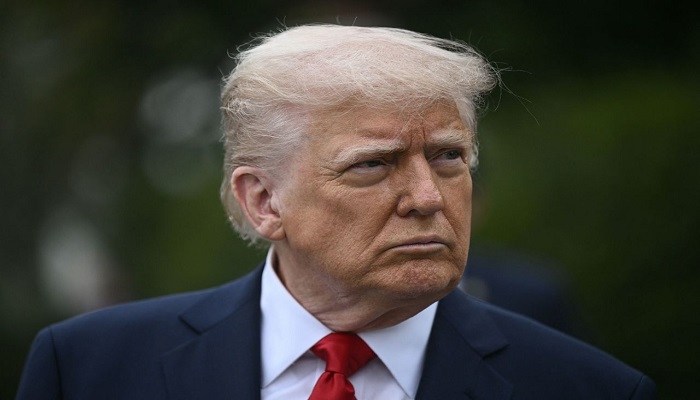PNN – The European Union’s foreign policy chief Kaya Kallas described the first 100 days of Donald Trump’s second administration as very difficult and chaotic, saying: We have never seen anything like this with the American government.
According to the report of Pakistan News Network, in an interview with the American television network CNBC, Kaya Kallas said in response to the question, What have the first 100 days of the second Trump administration meant for this bloc so far?: This is unlike anything we’ve seen before from the United States government.
Kallas also described the period as “very intense and turbulent,” adding that there were “many unpredictabilities.”
The US president has already imposed a 20% tariff on goods imported from Europe, although he has temporarily reduced it to a base tariff of 10% for a period of 90 days. But it is expected that if Europe reaches an agreement with the US on tariffs, the EU will still be affected by some of the consequences of trade disputes between the US and other trading partners such as China.
Read more:
European Central Bank policymakers predicted last week during the spring meetings of the International Monetary Fund and World Bank that European economic growth would suffer as a result of trade tensions, in an interview with CNBC.
Robert Holzmann, President of the Austrian Central Bank, said in this regard: We haven’t seen this much uncertainty in years. He then added, referring to the European Central Bank’s interest rate outlook: Unless uncertainty is reduced by the right decisions, we will have to suspend some of our decisions and therefore we still do not know in which direction monetary policy should move.
Claus Knut, the governor of the Dutch Central Bank, also compared the current uncertainty to the early days of the Covid-19 pandemic, saying: It is quite clear that in the short term, the uncertainty caused by the unpredictability of the US government’s tariff actions acts as a strong negative factor affecting economic growth.
Meanwhile, some were more moderate, including Germany’s interim finance minister, Jörg Kokis, who said he did not think the relationship between Europe and the United States was anywhere near crisis. He added that much more would have to happen for trust between the two sides to be broken.
The television network continued by referring to the doubts that have arisen in Brussels regarding the continuation of American aid to Ukraine, and stated that another concern for Europeans is Trump’s approach to the war between Russia and Ukraine, and wrote: In an interview with the network’s reporter, Kallas emphasized that the European Union and its members have “supported Ukraine more than anyone else,” although he acknowledged that the United States has also made a “big contribution.”
Callas concluded: If they (the Americans) stop supporting Ukraine, things will be more difficult. But the question is, can Europe do it? I think we can do it in terms of financial means. Although the questions about some military capabilities are much more difficult. He ultimately expressed hope that America would remain on the right side of history.

